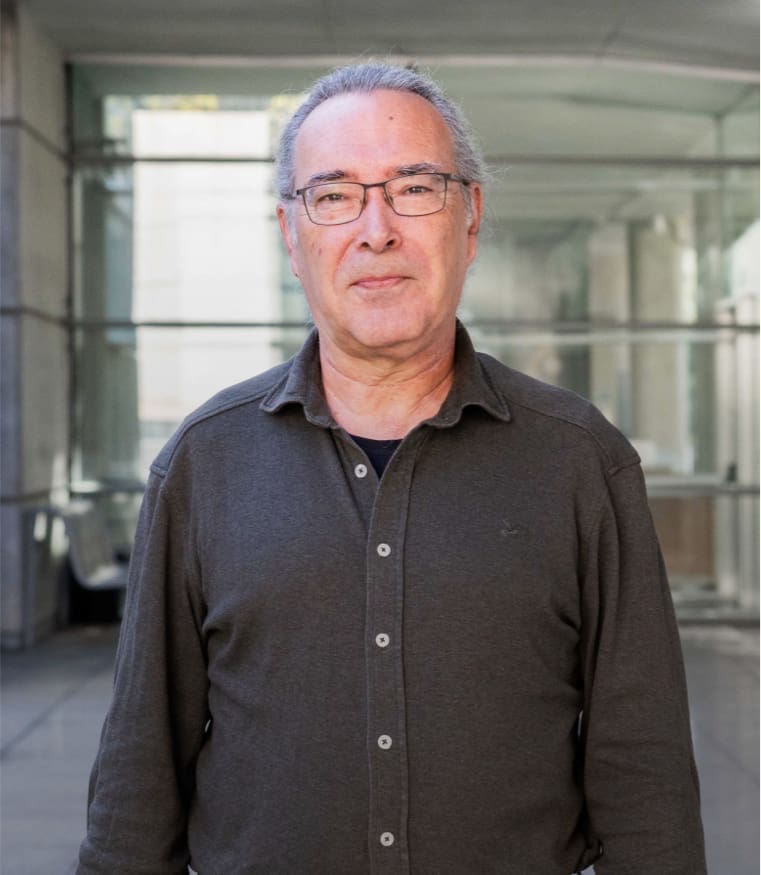Face to face activation of a phenylselenium borane with α,β-unsaturated carbonyl substrates: facile synthesis of C-Se bonds
Activated olefins directly react with a phenylselenium borane, at room temperature, without any metal or organocatalytic assistance. Up to 10 examples of β-(phenylseleno) substituted ketones and aldehydes have been prepared and theoretical evidence for the mechanism opens up non-existing pathways to create C–heteroatom bonds as a general tool.

X. Sanz, C. M. Vogels, A. Decken, C. Bo, S. A. Westcott, E. Fernández
Chem. Commun. 2014, 50, 8420-8423
DOI:
Go to the journal

Let's create a brighter future
Join our team to work with renowned researchers, tackle groundbreaking
projects and contribute to meaningful scientific advancements



















